Paris, September 10, 2025 — France has erupted into widespread unrest as thousands join a powerful movement called “Block Everything.” The protests erupted in response to austerity measures and the recent political shakeup, including the appointment of a new prime minister by President Macron.
A Nation in Political Turmoil
In a dramatic turn of events, Parliament ousted Prime Minister François Bayrou following confrontations over the 2026 budget, which proposed steep cuts in public spending. President Emmanuel Macron responded swiftly by appointing yet another ally—Sébastien Lecornu—as Prime Minister. Lecornu’s appointment marked the fifth such leadership change in under two years, underscoring the depth of political instability.
Protest Movement Spreads Like Wildfire
Originally born from online discussions in May, the “Block Everything” protests began among right-wing groups but quickly drew support from across the political spectrum—including leftist organizations, educators, unionists, and students. Participants aimed to disrupt daily life by blocking roads, lighting fires, and targeting transport services. Cities from Paris to Marseille, Nantes, Toulouse, Lyon, Montpellier, and Bordeaux became epicenters of unrest.
Turbulent Clashes Unfold
Demonstrators erected barricades, set rubbish bins and tires ablaze, and sought to halt traffic. In response, authorities mobilized up to 80,000 security personnel—including 6,000 officers stationed in Paris—to dismantle blockades and restore order. Police used tear gas during clashes, and tens to hundreds of protesters were arrested amid intense confrontations. In several cities, transport systems and major highways fell under siege.
Echoes of Past Mobilizations
Observers quickly drew parallels between “Block Everything” and the Yellow Vest movement that swept France in 2018. Both movements have no central leadership, rely on grassroots momentum, and reflect deep-seated frustration over economic inequality and a disconnect between government elites and ordinary citizens. Protesters are voicing long-standing anger against the perceived dysfunction of the political establishment.
The Broader Anger Behind the Protests
While activists targeted the latest budget cuts—such as reductions in healthcare, education, and public services—the unrest runs deeper. Many see these measures not just as fiscal strategy, but as emblematic of a ruling class detached from everyday realities. A teacher in Paris captured the sentiment when he declared the budget’s author “ousted” and demanded meaningful investment in public education and hospitals. Another unionist rallied demonstrators, stating, “There is no resignation; the fight continues.”
The Road Ahead for France
Prime Minister Lecornu inherits an exceptionally fraught political landscape. With parliament divided and public trust eroded, he must swiftly prove his capacity to unify the country. His path forward includes reviving trust in governance, navigating crucial budget negotiations, and addressing systemic inequalities. Whether he can calm the country or whether unrest will deepen into a sustained crisis remains on a knife-edge.
In the meantime, France stands at a crossroads: pressed by both protest movements and political volatility, a nation once known for stability must confront its growing fractures head-on

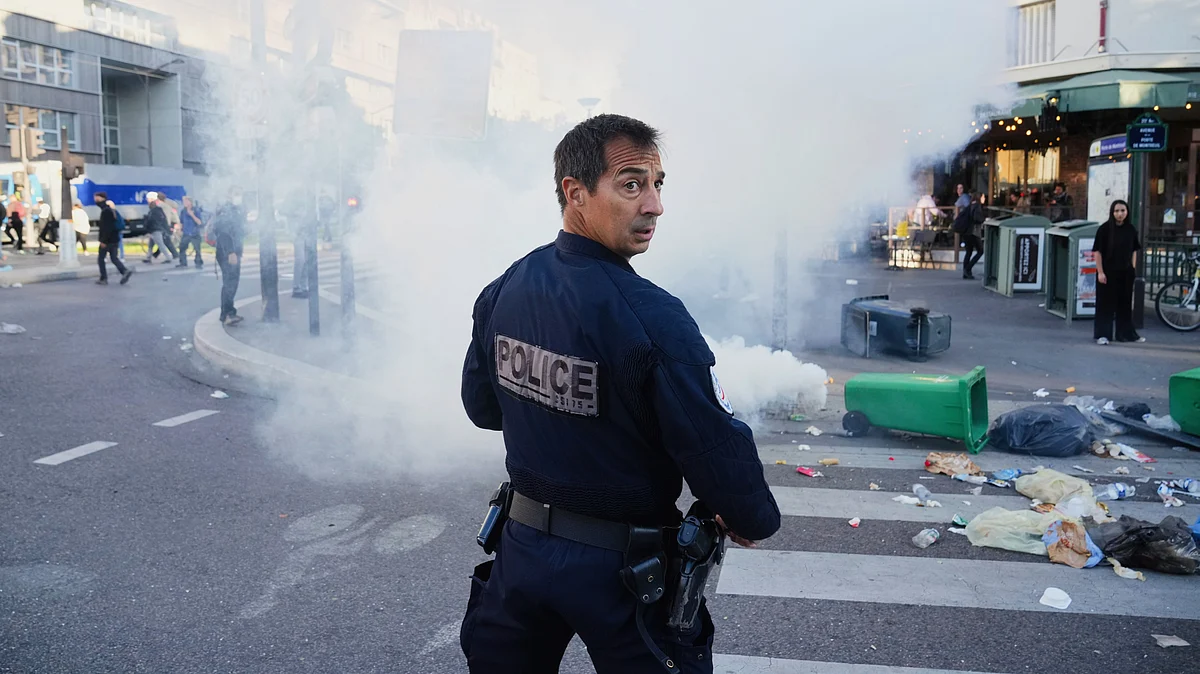
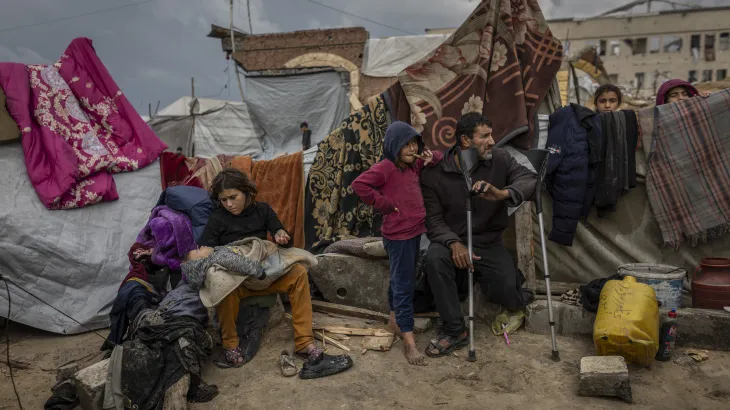
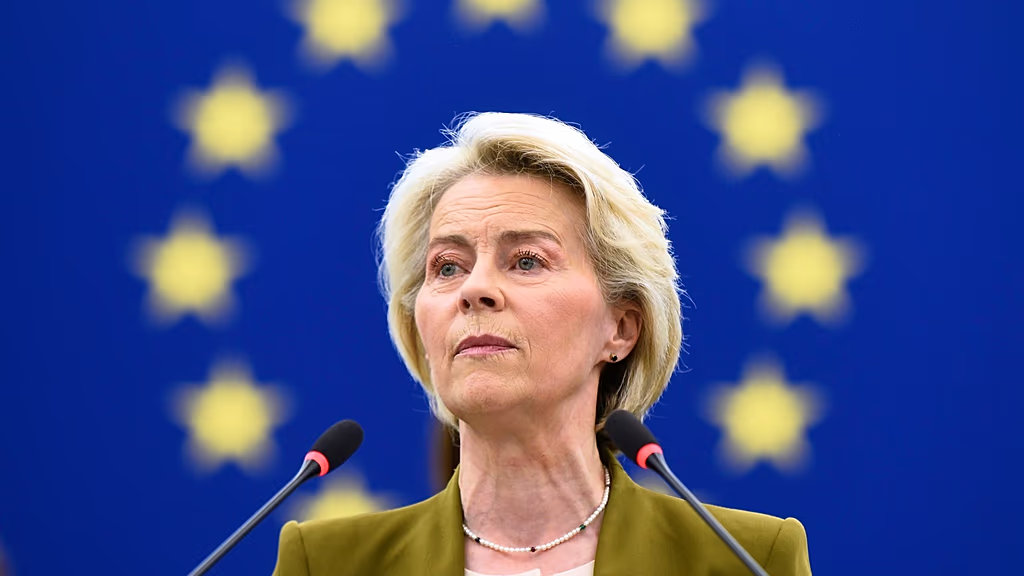
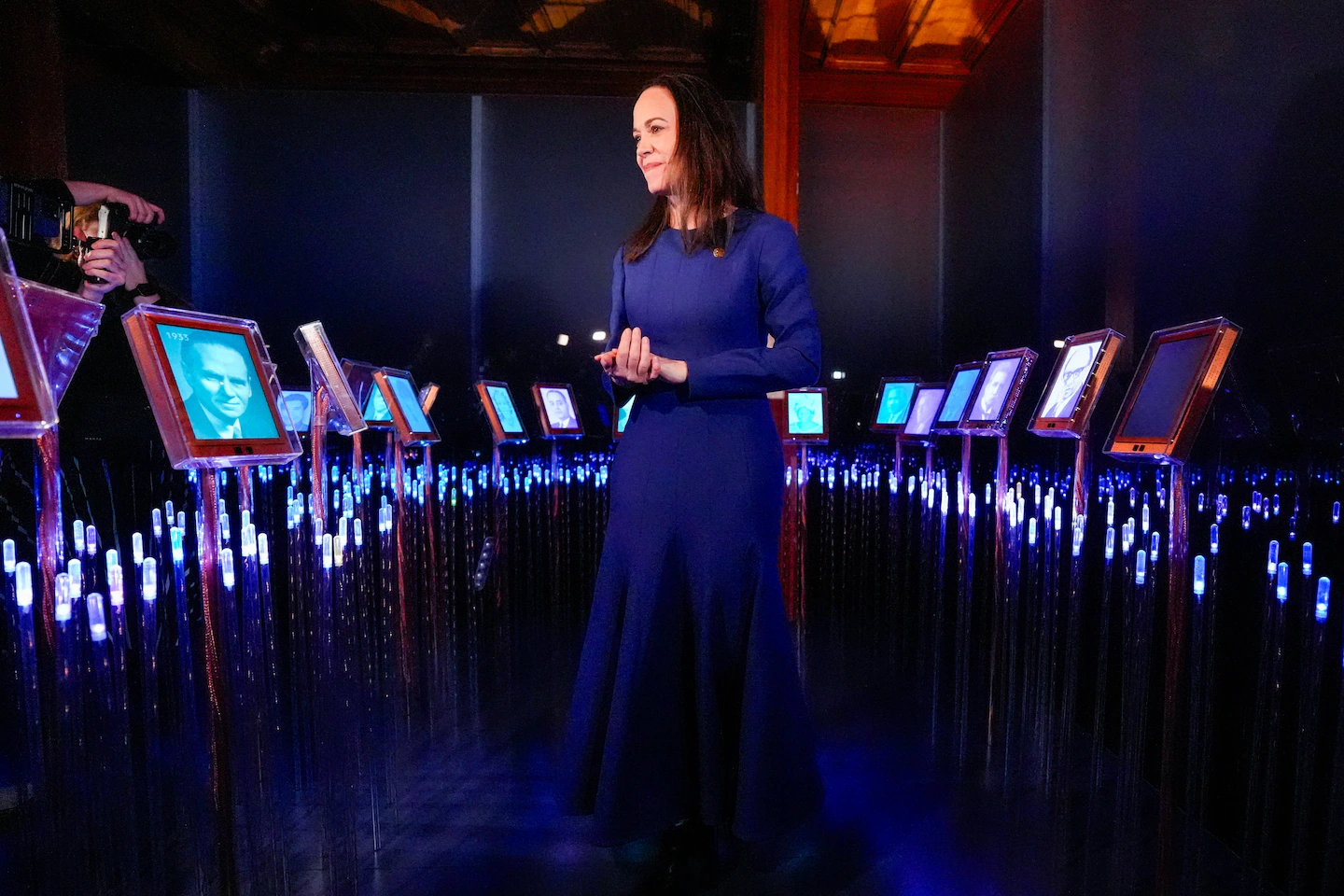
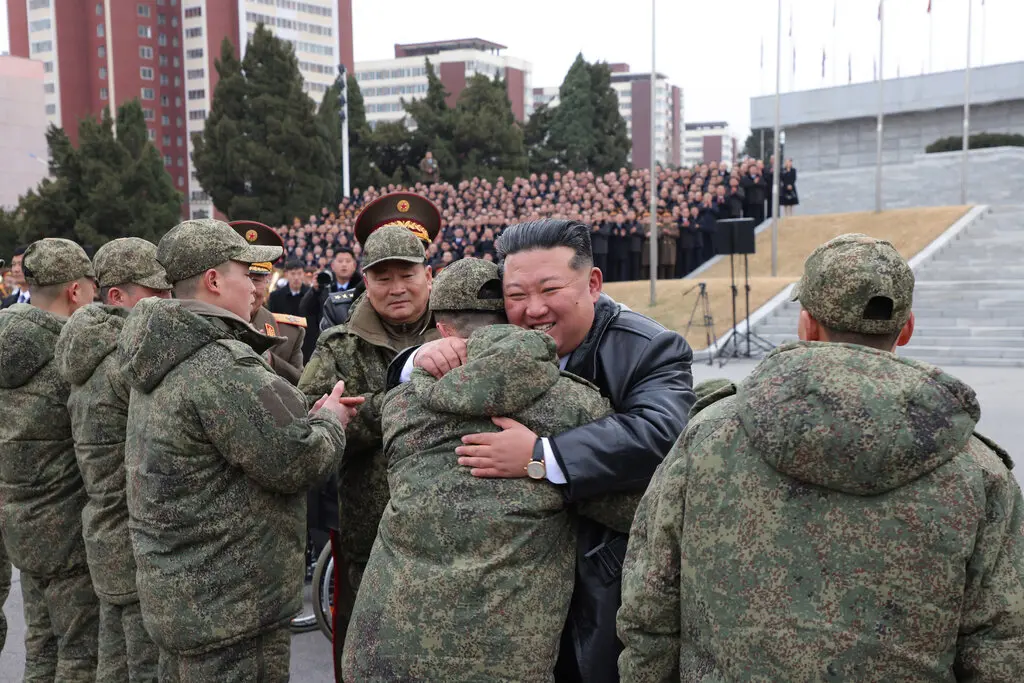


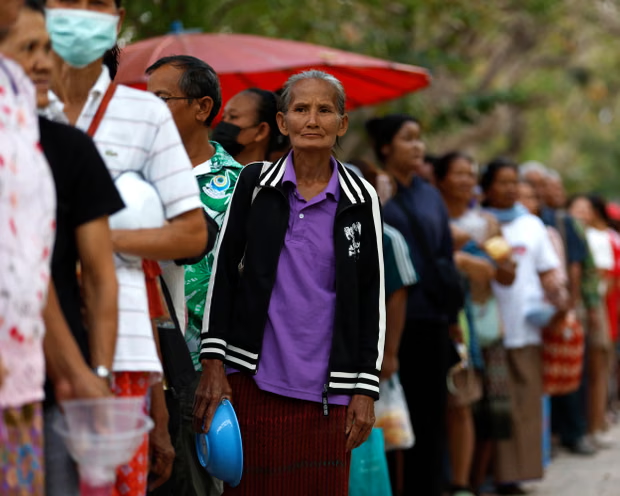

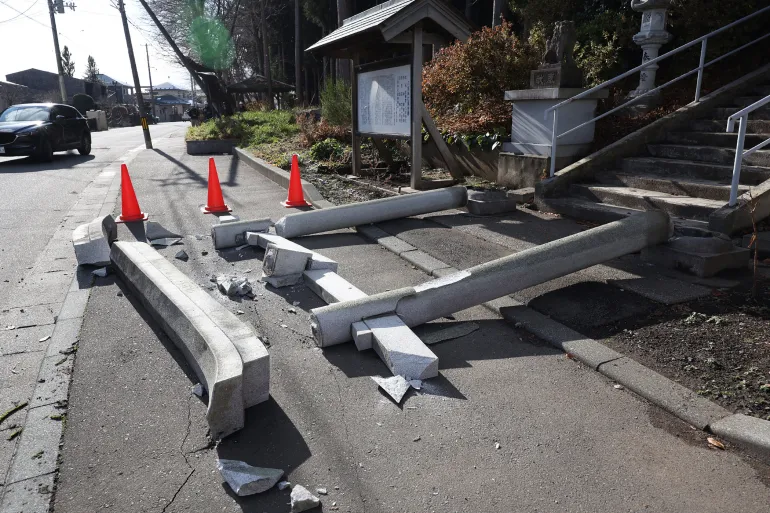
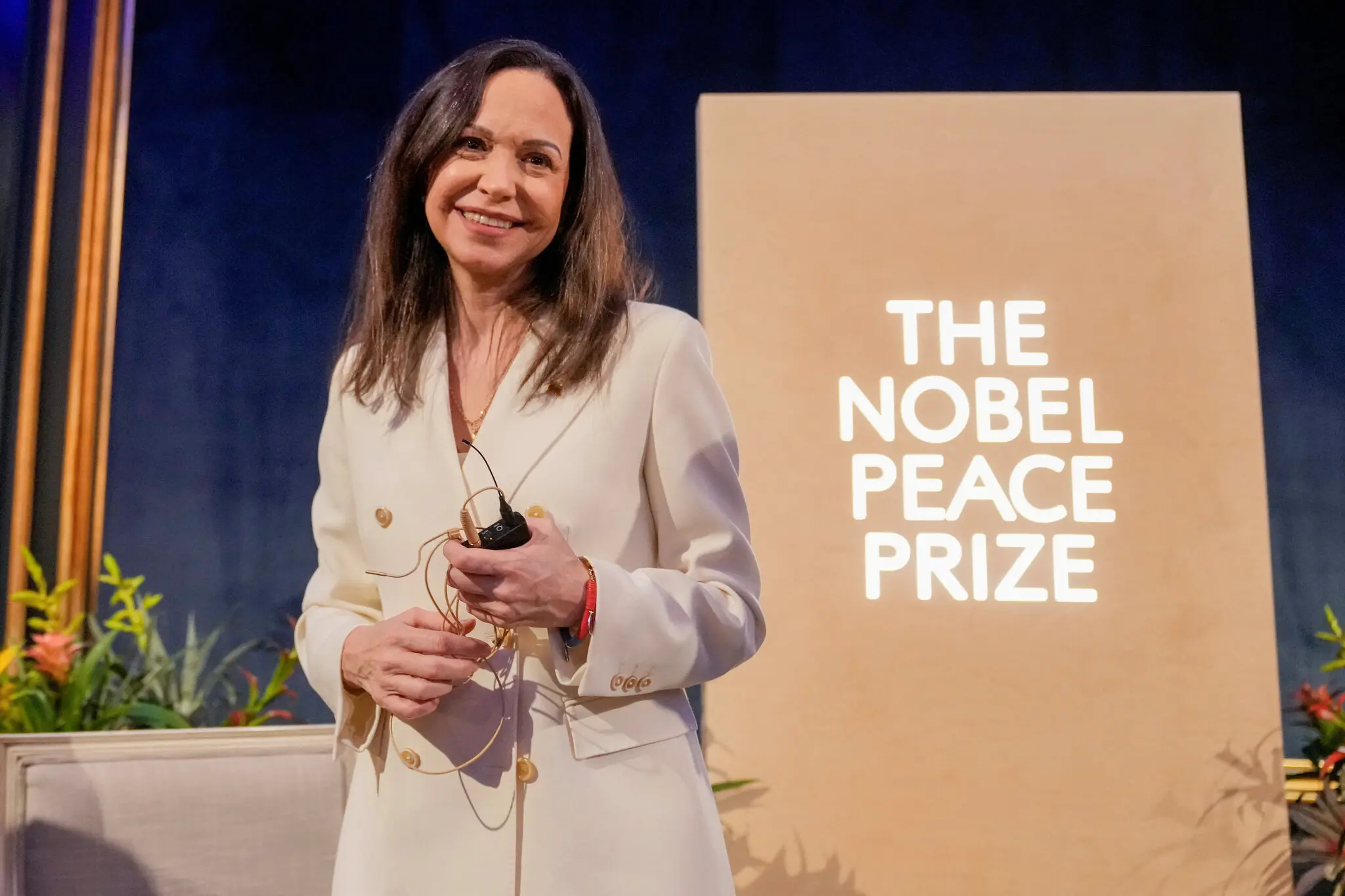


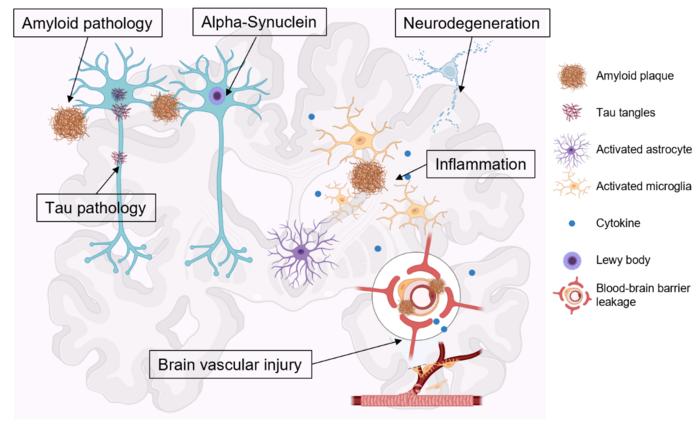

Leave a Reply